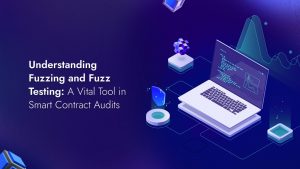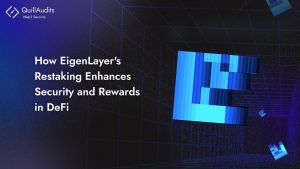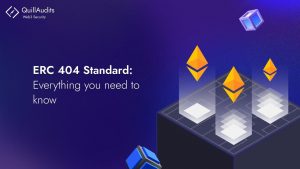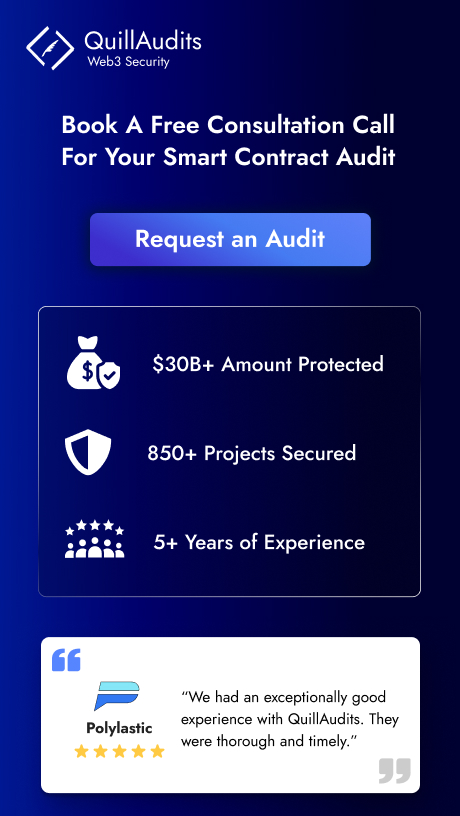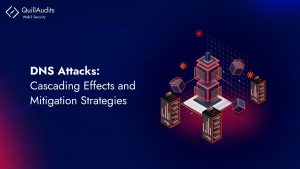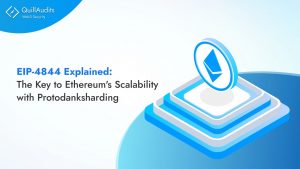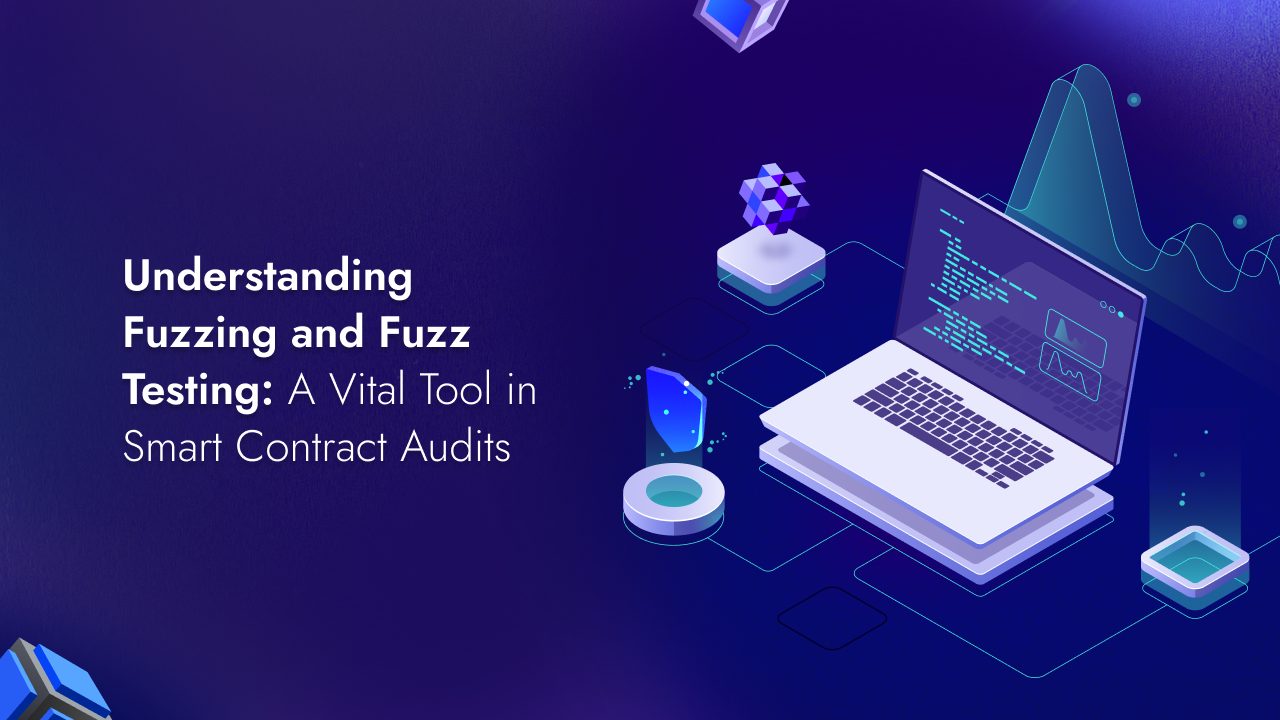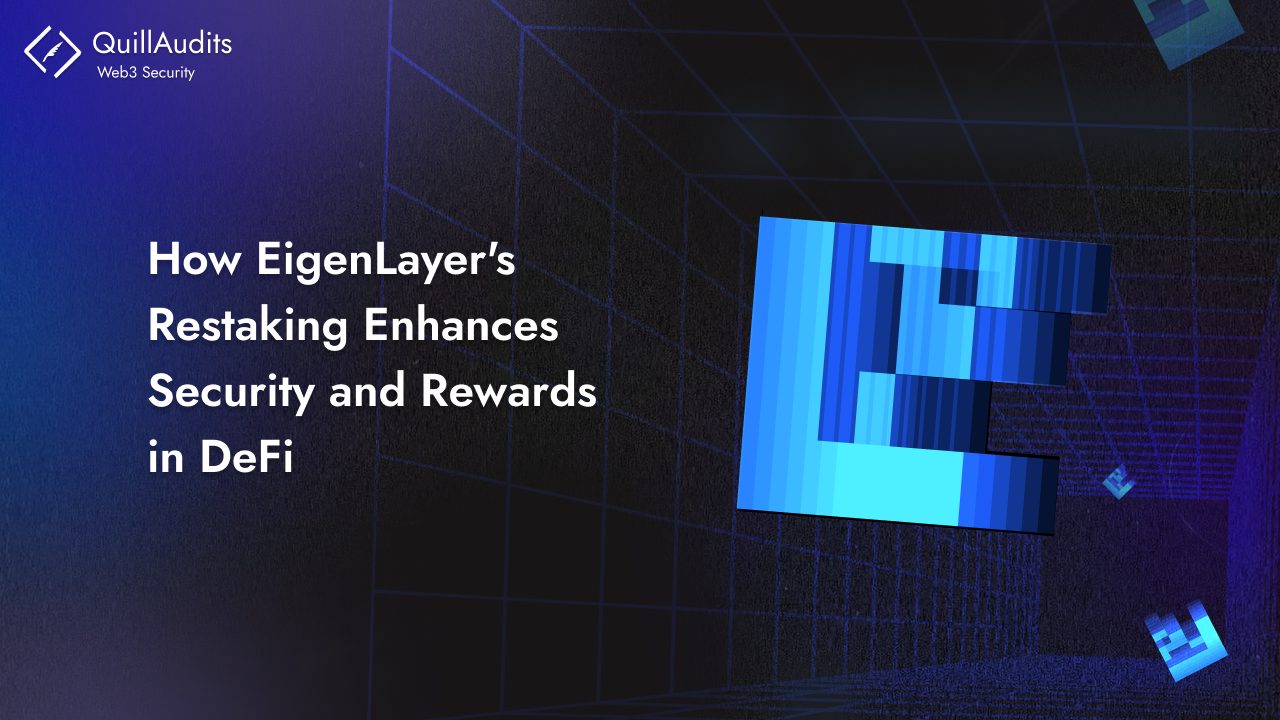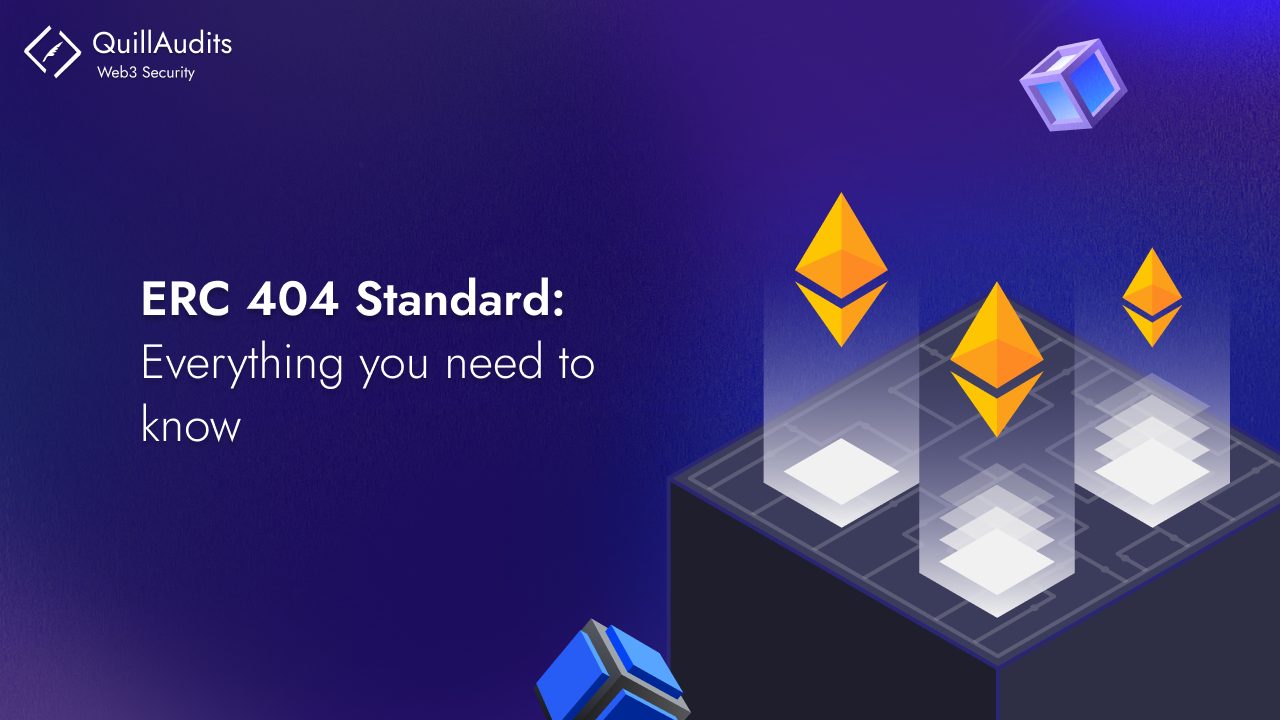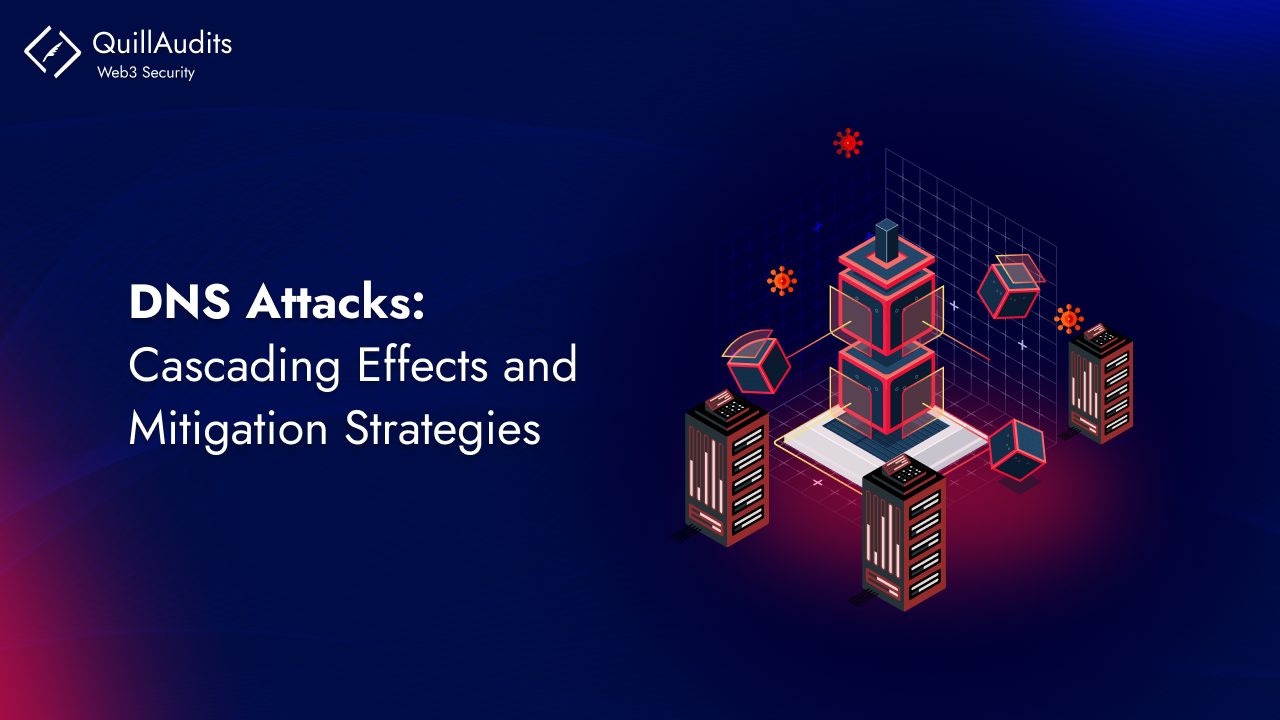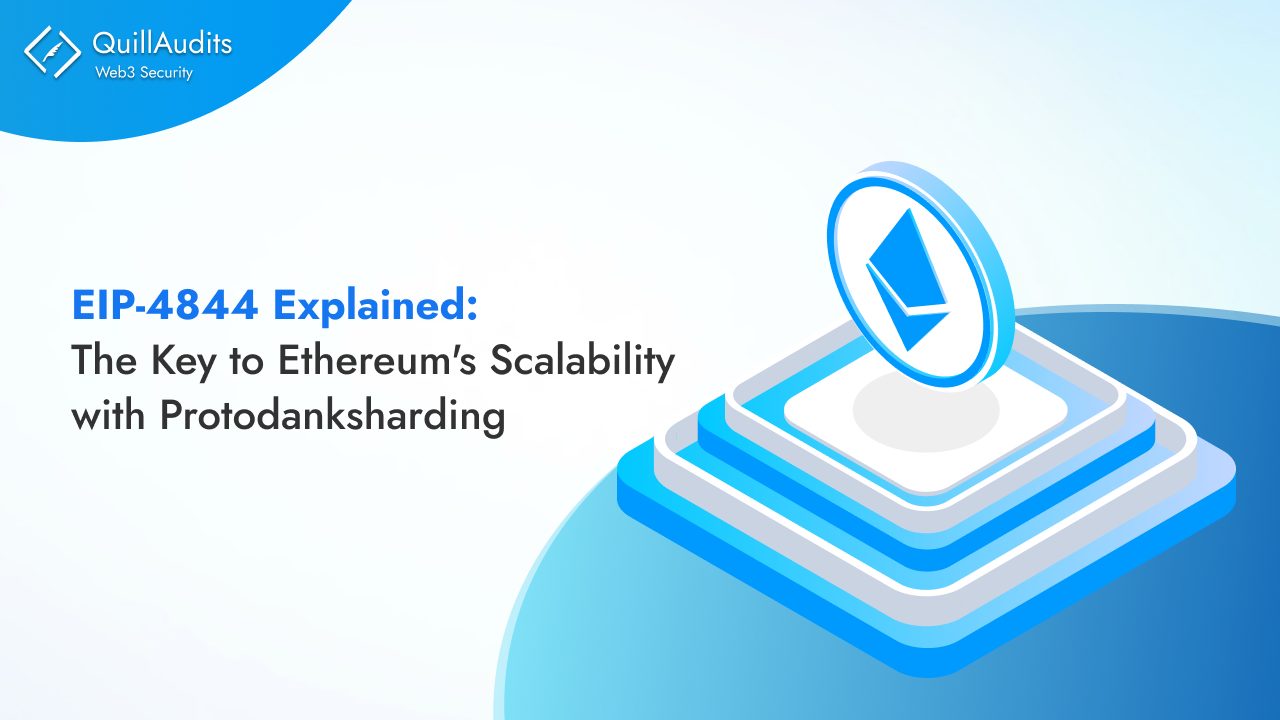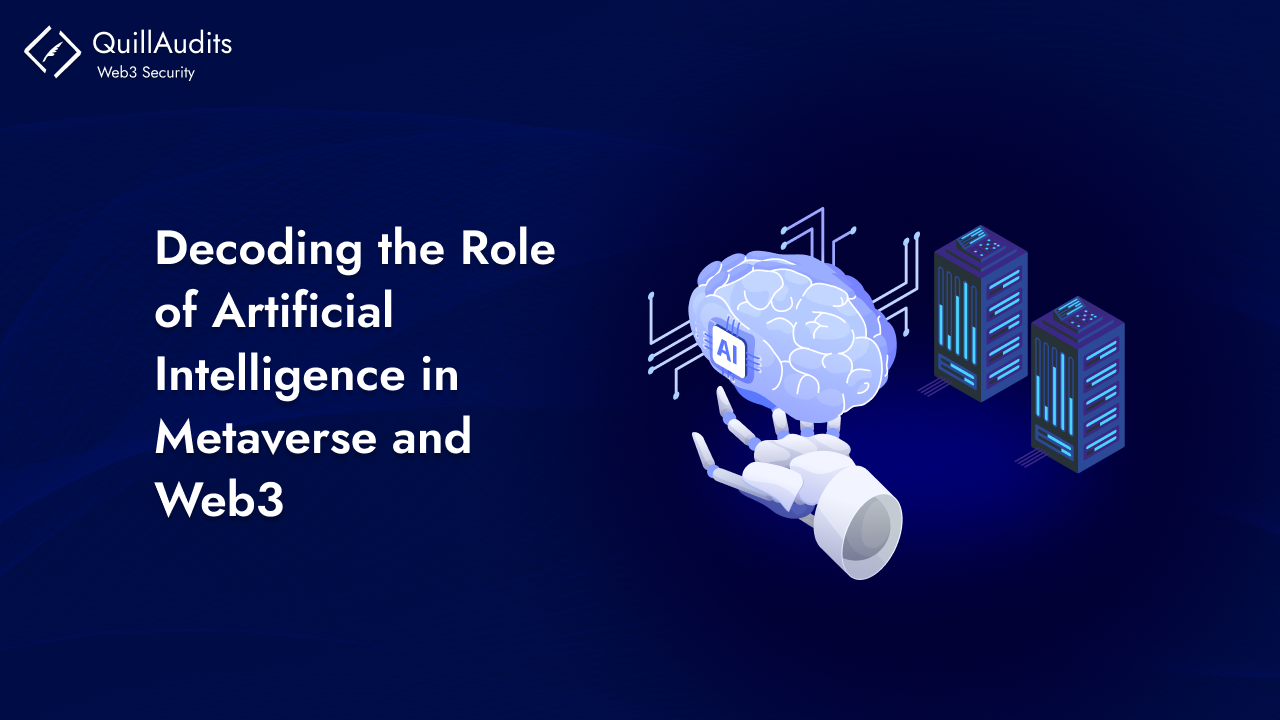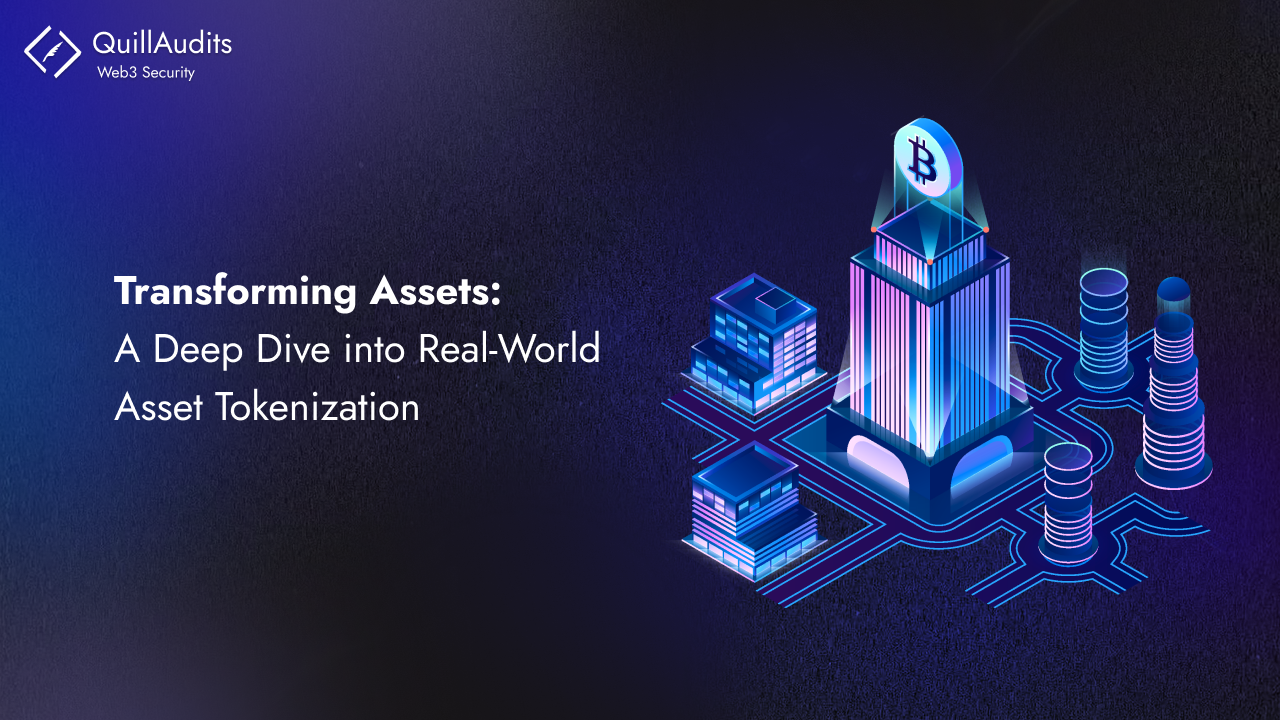Almost half of the smart contracts in the Ethereum ecosystem are unaudited, leading to a growing number of hacks.
Smart contract audit is generally the last step in the journey of a smart contract or for the DeFi application and is often left out. Considering the prominence of smart contracts in the DeFi world or in any Blockchain application, getting smart contracts audited is a crucial part of an application.
Whether it is the financial revolution, tokenization of assets, or implementation of any use case on top of a Blockchain platform, smart contracts are imperative. In essence, smart contracts are just a few lines of code used to execute a condition. For instance, if you are taking a loan from a DeFi application like Aave and Compound by providing some collateral and paying a defined interest on the loan, all the conditions are defined through a series of smart contracts.
In this scenario, there are multiple smart contracts involved in creating a digital ecosystem of financial interactions. What needs to be realized here is that these multiple smart contracts are interdependent. One small bug in any line of code from any smart contract can lead to drastic results.
It is a common misconception that a smart contract audit takes an unreasonable amount of time. This is a generalized view while in reality, the time required for a smart contract audit depends upon the complexity of the use case and various other factors. The lack of knowledge regarding audit time is one of the prominent reasons why many smart contracts remain unaudited.
How long does smart contracts audit take
Mentioned below are a few possibilities in terms of time that a smart contract audit can take:
1. The most common factor to consider for an audit is the project size. The complexity of the project also matters but the size of the project becomes the primary characteristic in defining the time that an audit will take.
In general, a simple smart contract like a token contract for ERC20 tokens can take a couple of days which means the audit time for such contracts can take between 24 to 48 hours. This again depends upon the complexity of the project. In the case of an ERC20 being used inside a Dapp, the audit can take almost one whole month.
Another type of contract is the token sale contract. These can be defined as advanced ERC20 contracts with a defined tokenomics and advanced features. Functionalities like staking and swapping can also be a part of such contracts. A complete audit of such contracts can take one to two weeks as compared to a couple of days for a basic ERC20 contract.
2. As mentioned above, the time for audits also depends upon the complexity of the project. For instance, if you are building a Decentralized exchange or a decentralized money market such as Aave, the audit requires an expert auditor and an extensive timeline to ensure there are no backdoors. In such a case, even the oracles have to be audited along with the automated market makers and other parts of the ecosystem.
In some cases, the dependence of a protocol or smart contracts on external factors exposes it to huge vulnerabilities that can lead to unimaginable losses.
Therefore, such type of application requires an audit that takes up to 1 month.
Other projects that come under this category are lending, borrowing, insurtech, and derivatives, among others.
3. Types of audits also play an important role in defining the time required. If your smart contract has been coded with the best development guidelines and you are sure about its integrity, an Interim audit should be your choice.
In an Interim audit, an expert is allocated to a project to look over the structure and analyze possible vulnerabilities. An Interim audit helps in ensuring that the project is going in the right direction and a possible vulnerability that might change the whole structure of the application at a later stage is identified as early as possible. This audit generally takes one day to complete.
Next is a Full Security Audit. While an Interim audit can be done while the smart contract is being developed, a full security audit comes into play after the application has been completed. This is generally the last step required before the application can be deployed on the main net. If an application is deployed without a full security audit, there is a high chance of mainnet bugs and vulnerabilities. The time for a full security audit depends upon the complexity of the project as explained in point 1.
The process of completing a smart contract audit can be manual or automatic. The automatic audit involves testing the smart contract code against various predefined functions and testing tools. This provides the generic vulnerability assessment for the smart contract. However, this type of audit does not cover an in-depth analysis of the code and other vulnerabilities such as back doors. For this, a manual audit has to be done. In manual audits, a team of experts define some custom test cases and inspect various aspects of the code.
The automatic audit can take up to one day for erc20/bep20 contracts while the manual audits usually span between 3 to 5 days for erc20/bep20 contracts while for complex protocols, the time of the audit depends on the code. To get a custom check for how long will the audit take for your protocol and what type of audit is best, reach out to the experts at QuillAudits to get a free consultation.
Looking at the required time for different types of smart contracts and DeFi applications, many people go to market with their innovative products without getting an audit. The major reason behind this is the enthusiasm or the FOMO of someone else introducing a similar project in the market. Another reason can be additional costs that a person might not want to bear.
However, the importance of getting a smart contract audit can not be stressed enough. Just some extra time and money spent on the smart contract audit can save millions for the users.
To provide a better perspective on the need for a smart contract audit, mentioned below are the top DeFi hacks that happened due to one simple mistake of not getting an audit.
Top DeFi hacks
- The DAO Hack
DAO is a decentralized autonomous organization that is becoming the new standard of defining the governance model of any application. In essence, the DAO takes decisions for the application through smart contracts. Therefore, smart contracts play a crucial role in such an environment.
In one such case where the DAO was responsible for democratizing the funding process for the Ethereum process, a hacker exploited the vulnerability of the fallback function in the smart contract. Using reentrancy attack, he stole 3.6 million from the protocol.
- The Parity attack
Parity introduced the concept of multiple signatures to authenticate the transfer of Ethers. It accommodated this process through a number of smart contracts which required more than one digital signature to authenticate the Ether transfer.
Due to not being audited properly, a hacker was able to exploit the delegatecall and fallback function of the smart contract and steal as many as 30 Million dollars in Ethers.
Conclusion
The aforementioned hacks are just the tip of the iceberg. There have been countless hacks in the DeFi ecosystem. With the growth of DeFi, these hacks are also growing exponentially. One of the primary reasons behind this increase is unaudited smart contracts or poorly audited smart contracts.
Getting your smart contract audited does not ensure its security but getting it audited from an experienced and industry-recognized team like the one at Quillaudits is what matters.
Even if it takes some time and money, getting your smart contracts audited by an experienced team can help you build a sustainable project and reach the zenith of its success.
Reach out to QuillHash
With an industry presence of years, QuillHash has delivered enterprise solutions across the globe. QuillHash with a team of experts is a leading blockchain development company providing various industry solutions including DeFi enterprise, If you need any assistance in the smart contracts audit, feel free to reach out to our experts here!
Follow QuillHash for more updates

